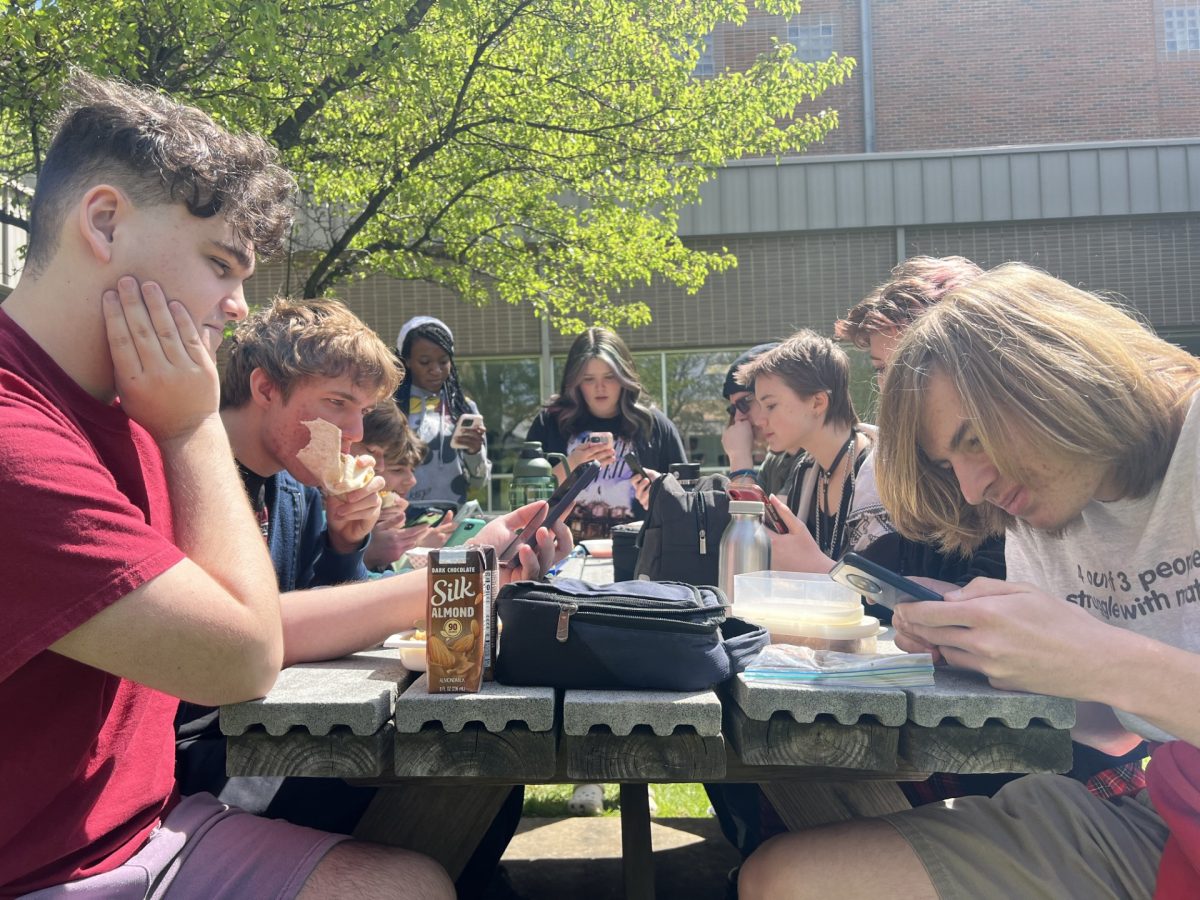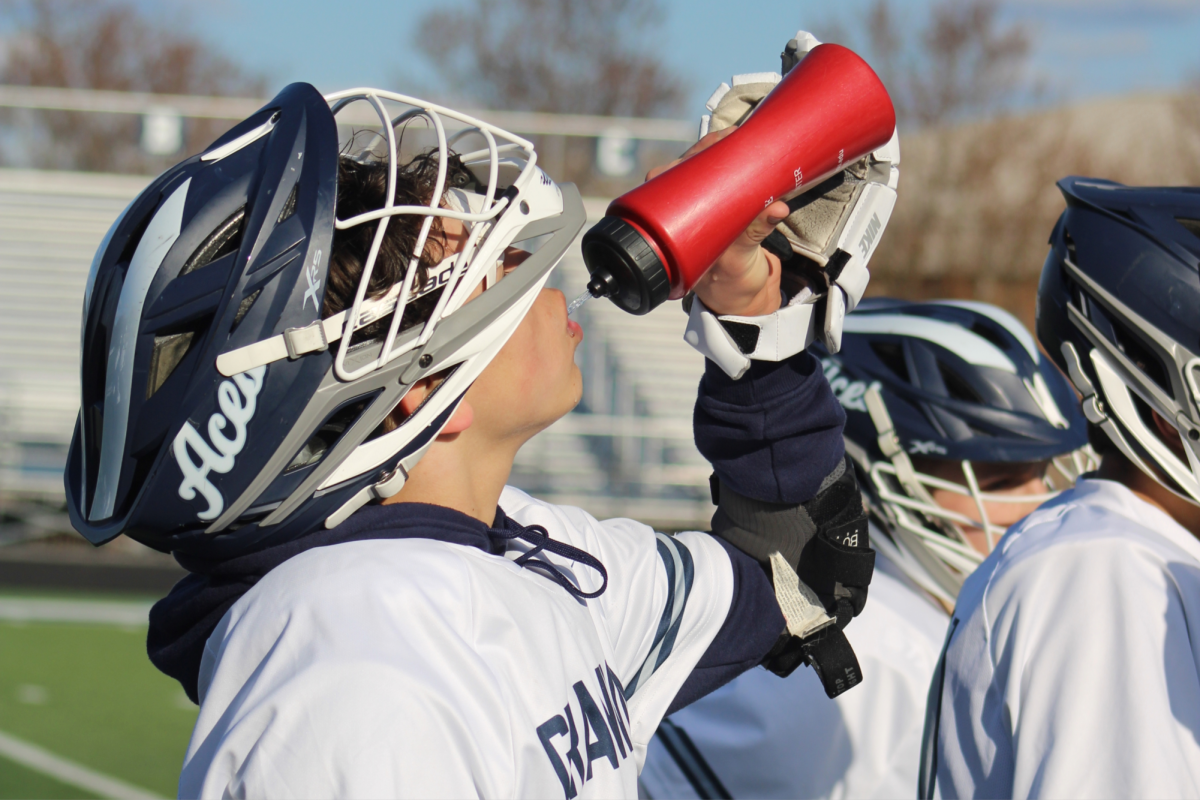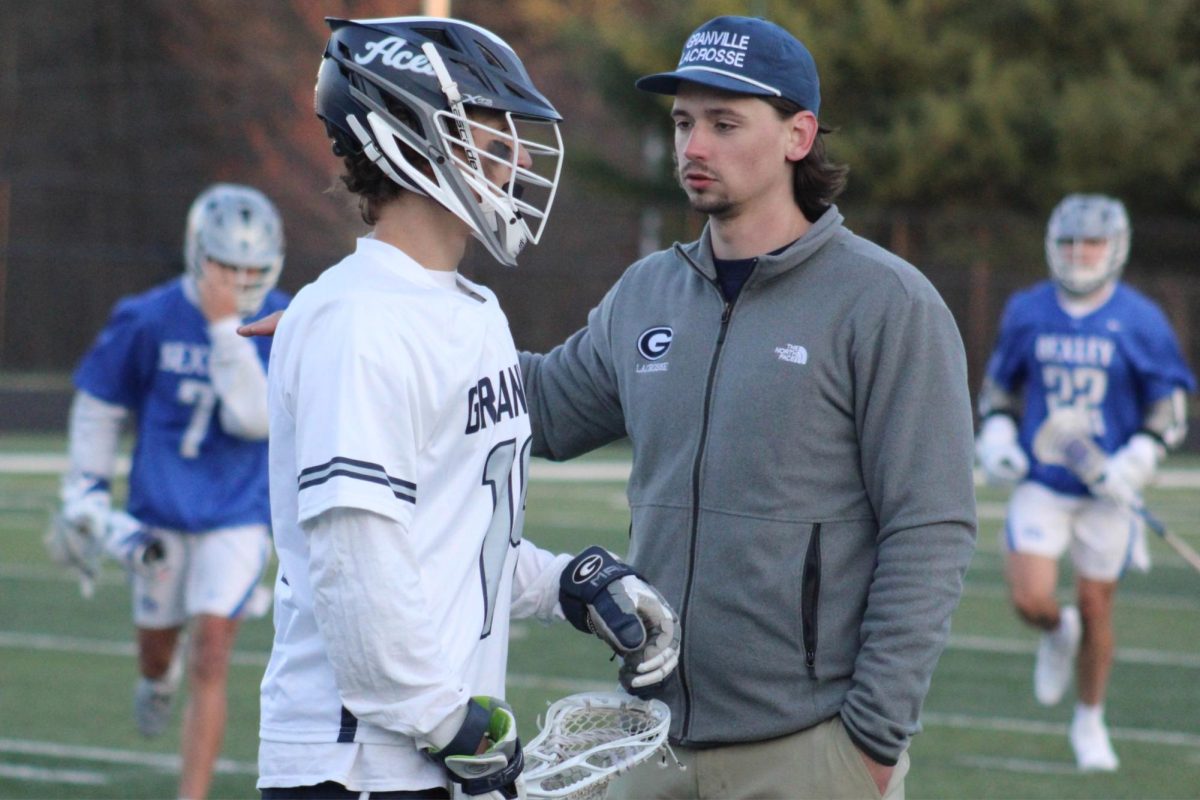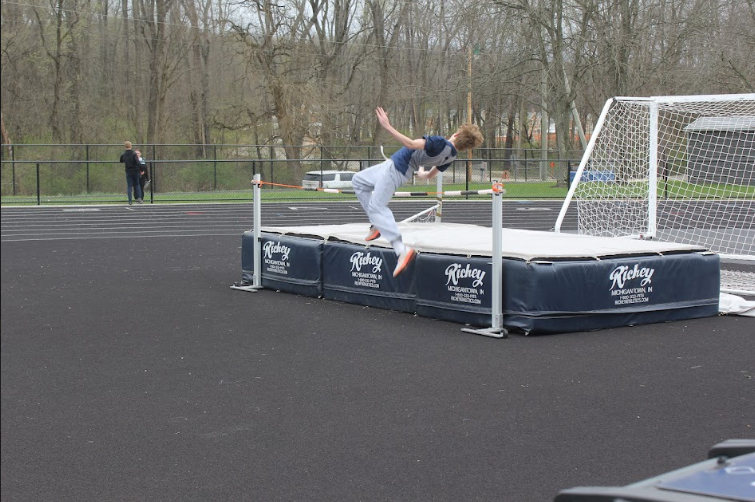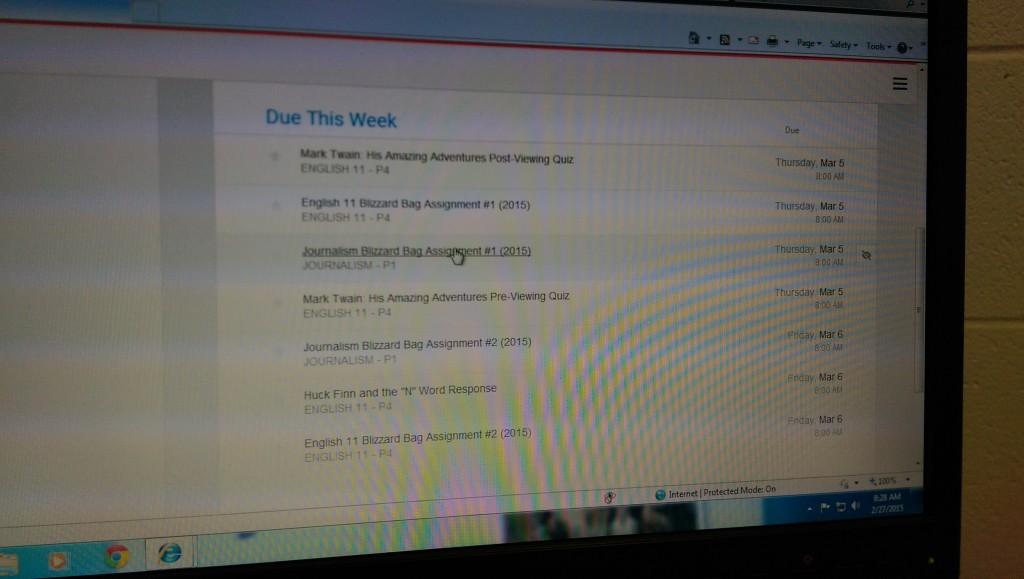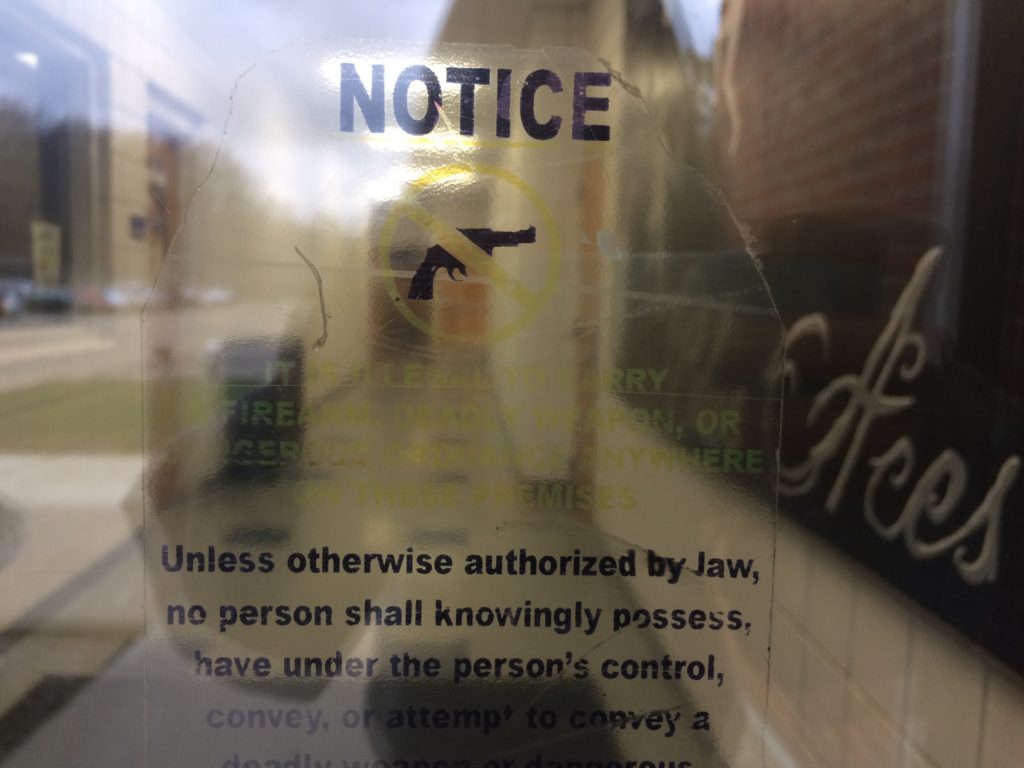BY LUKE BAUER (’15)
As February comes to a close, cold weather and snow are no surprise to us here in Central Ohio. Unfortunately, Mother Nature decided to bring subzero temperatures and one of the biggest snow storms of the year just last week. This translated into three more snow days for students and a total of seven on the year: two more than the five that are granted by the district.
These two additional days were previously tacked on to the school year as calamity make-up days, but due to recent changes, schools no longer have to extend their calendar years.
To high school students, these two days would seem like two days to play in the snow, hang out with friends, or catch up on some sleep, but much to their dismay, students are now assigned snow day assignments or “blizzard bags” as they are referred to by many of the teachers in the high school.
These snow day assignments, designed to make things easy for students and teachers without the use of additional school days, have in my opinion failed to accomplish their goal.
First off, before I begin my main argument, I would like to mention all of these problems I am about to mention could be avoided by changing the school calendar to hours rather than days. This change would give Granville several flexible days that other Ohio districts do not have. Our school board decided, however, that our education was more important, and we would remain on days. Any who, that’s a conversation for a different day.
More importantly, there were several rules laid down by the school board when the new system was established that apply to the snow day assignments. It seems as if these rules have been forgotten. Perhaps the most significant of these rules is the students’ deadline for completion.
According to the Board of Education, students are given two weeks to do the assignments (often enrichment material), and should be allowed to turn the assignment in without any penalty, punishment, or late grade as long as the assignment is completed within the two week window. In spite of this, several teachers tacked on earlier due dates for the assignments by saying the material is “critical to current lesson plans,” or proposing some alternative more difficult snow day assignment if the early due date is not met.
These quicker due dates force students to juggle the additional work with current schoolwork. Often times, the new work is new material not taught in the classroom, and students must learn it for themselves to stay caught up in the class.
These little ways around the two week rule ultimately affect the students by setting them behind the rest of the class if they are not able to complete the task by the early deadline. In addition, students are pressured into doing long, sometimes daunting assignments in addition to those they are given during the week.
To me, a due date is a due date. Teachers should not be allowed to circumvent the district rules to fit their schedule plans. The students come first, and we as students have the right to abide by the guidelines without being punished or stressed by our teachers.
It is clear there should be some refinement to the process, but it is unclear who would take the initiative to fix the corruption within the classrooms. In the end, students are reluctant to call out individual teachers to the administration, and many times, the offenses go unnoticed.
Unfortunately for us students, we must struggle through the winter, hoping Mother Nature won’t deal us another blow.












